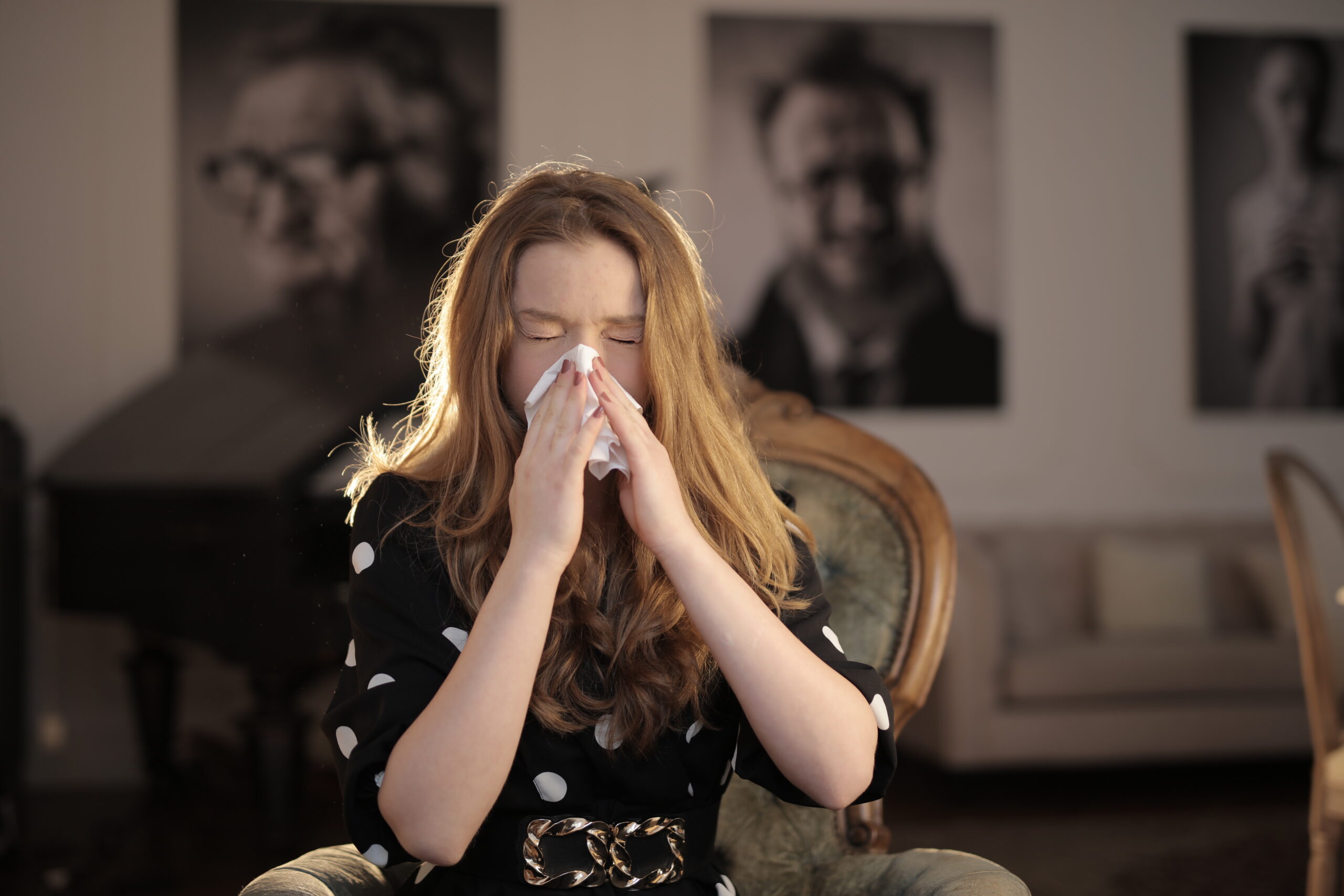What are the symptoms of whooping cough?
Title: Unveiling the Symptoms of Whooping Cough: Recognize the Signs
Introduction:Whooping cough, also known as pertussis, is a highly contagious respiratory infection caused by the bacterium Bordetella pertussis. This illness primarily affects individuals of all ages, but it can be particularly severe and even life-threatening for infants and young children. Understanding the early symptoms of whooping cough is crucial for timely diagnosis and effective treatment. In this blog, we will unravel the key signs to look out for, enabling you to recognize and address this disease promptly.
1. The Initial Stage:The symptoms of whooping cough can initially resemble those of a common cold, making it challenging to differentiate at first. In the early stages, patients often experience symptoms similar to the flu, such as a runny or stuffy nose, sneezing, mild fever, and a mild cough. These early symptoms can last for one to two weeks, during which time the infection can quickly spread to others if not properly isolated.
2. The Coughing Stage:As the disease progresses, a relentless cough becomes the hallmark of whooping cough. The cough often starts as a mild, occasional cough but gradually worsens over time. Infants and young children may not manifest the characteristic “whooping” sound at this stage. However, they may experience episodes of rapid coughing, which can make breathing difficult and lead to a reddened or blueish complexion. Severe coughing fits may also induce vomiting or exhaustion.
3. The Recovery Stage:After several weeks, the intensity and frequency of the cough will begin to diminish. Patients are likely to experience a gradual improvement in their overall well-being. However, it is important to note that the recovery stage may take several months, and the cough may still persist intermittently, especially during periods of physical exertion or illness.
4. Complications:Although whooping cough is generally not life-threatening for healthy adults, it can have severe consequences for infants, young children, pregnant women, and individuals with weakened immune systems. Complications can range from pneumonia and ear infections to seizures, dehydration, and even brain damage. For this reason, it is essential to seek medical attention if you suspect you or your child may have whooping cough.
Conclusion:Recognizing the symptoms of whooping cough is vital for early diagnosis and effective treatment. If you or your child exhibit persistent coughing that worsens over time, particularly if accompanied by rapid breathing, vomiting, or other concerning symptoms, consult your healthcare provider immediately. Early detection can help limit the spread of the infection and minimize the risk of complications. Remember, prevention is better than cure, so ensure you and your loved ones are up-to-date with pertussis vaccinations. Stay informed, stay safe!



